Raila Defends Orengo and Nyong’o Over Devolution Criticism
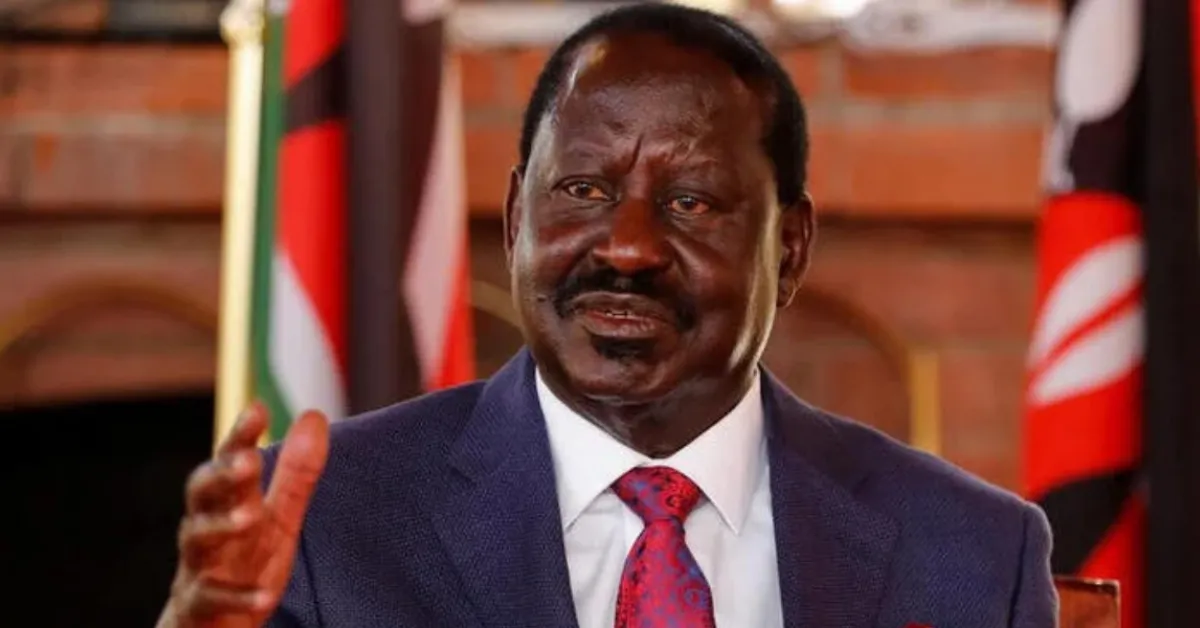
Orange Democratic Movement (ODM) leader Raila Odinga has publicly defended Siaya Governor James Orengo and Kisumu Governor Anyang’ Nyong’o against criticism stemming from their commentary on the broad-based government arrangement between ODM and President William Ruto’s United Democratic Alliance (UDA).
Speaking at a funeral in Homa Bay County, Odinga asserted that the governors were exercising their democratic rights and aligning with both ODM’s principles and the framework of the Memorandum of Understanding (MoU) between the two parties. The defence comes amid rising political tensions sparked by Orengo and Nyong’o’s outspoken criticism of the national government's approach to governance and devolution.
Orengo has characterised the increasing collaboration between ODM and UDA as an “abomination,” warning of the risk of associating the opposition with the perceived failures of the Ruto administration. Nyong’o has accused the national government of undermining devolution by failing to fully transfer funds and responsibilities to county governments, leading to accusations of political sabotage. Nandi Senator Samson Cherargei has described the governors’ actions as destabilising efforts to foster national unity.
Raila Odinga, a veteran figure in Kenyan politics, emphasises the importance of protecting the governors’ freedom to express their opinions. Speaking at the burial of Priscillah Koyo, the wife of former Luo Council of Elders Chairman Koyo Opien, Odinga dismissed the accusations against Orengo and Nyong’o. He argued that their remarks were firmly based on the MoU between ODM and UDA, which allows for cooperation without compromising ODM's role as an opposition party.
"When James Orengo speaks, he does so based on the MoU between ODM and UDA. He has committed no crime and has every right to express his views," Odinga stated. He extended the same defense to Nyong’o, noting that the governor's comments on devolution reflect ODM's long-standing advocacy for decentralized governance. "Devolution is the language of ODM," Raila declared, reiterating the party's dedication to ensuring that county governments receive adequate resources and autonomy.
Odinga clarified that the MoU between ODM and UDA is a strategic partnership designed to address key national issues rather than a formal coalition agreement. The MoU, signed in March 2025, outlines ten priority areas for collaboration, including devolution, economic growth, and governance reforms. Odinga compared the arrangement to bipartisan practices in the United States, where political rivals sometimes appoint members from opposing parties to key government positions.
"There is no coalition between ODM and UDA. This is an arrangement based on an MoU signed in broad daylight," Odinga explained. He emphasized that the agreement does not prevent ODM from fulfilling its constitutional role as an opposition party or inhibit its members from holding the government accountable. "The MoU is not an impediment to any arm of government performing its duties," he added.
One of the key contentious issues raised by the governors and reiterated by Odinga is the implementation of devolution. Established in Kenya’s 2010 Constitution, devolution was intended to decentralise power and resources, enabling county governments to address local needs more effectively. However, Odinga and his allies argue that the national government has not fully implemented this constitutional mandate, undermining the potential benefits of devolution.
Nyong’o has been particularly vocal on this issue, criticising the continued existence of national agencies such as the Kenya Urban Roads Authority (KURA) and the Kenya Rural Roads Authority (KERA). He argues that these agencies duplicate functions that should be managed by county governments, frustrating efforts to achieve meaningful decentralisation.
"If the national government is serious about devolution, agencies like KURA and KERA should not exist," Nyong’o asserted.
Odinga echoed these sentiments, pointing out that while responsibilities have been devolved, the corresponding funds have not been. He cited the health sector as a prominent example, noting that despite being a devolved function, significant financial resources remain concentrated in Nairobi. The public disagreements over the broad-based government have exposed internal tensions within ODM. Some party members accuse Orengo and Nyong’o of undermining the party’s unity.
There have been threats from some ODM leaders to sponsor Orengo’s impeachment, citing his criticism of the MoU as evidence of disloyalty. These internal divisions have raised concerns about the party’s ability to balance its role as a partner in the MoU with its opposition responsibilities. Odinga has sought to minimise these tensions, framing the governors’ remarks as evidence of ODM’s commitment to democratic expression and accountability.
He also dismissed claims that the MoU compromises ODM’s independence, insisting that the party remains committed to advocating for good governance and social justice.

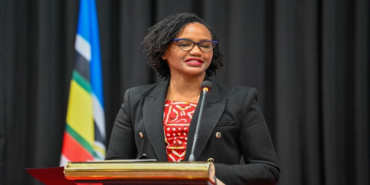
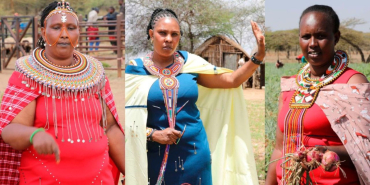
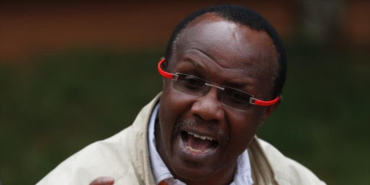
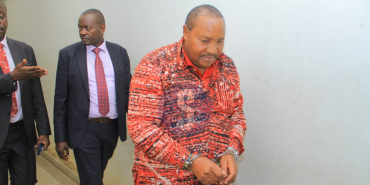
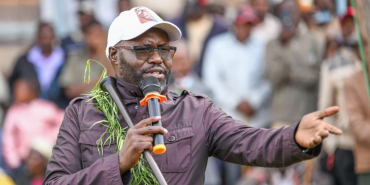
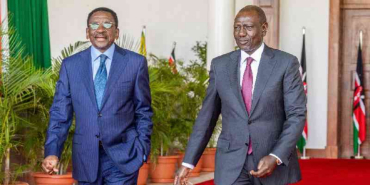

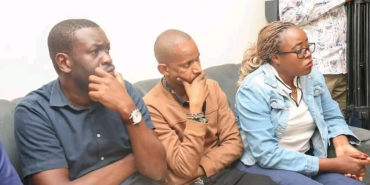
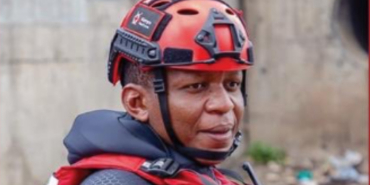


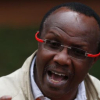

Add new comment